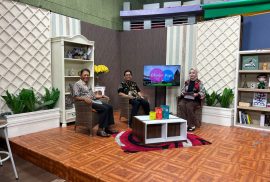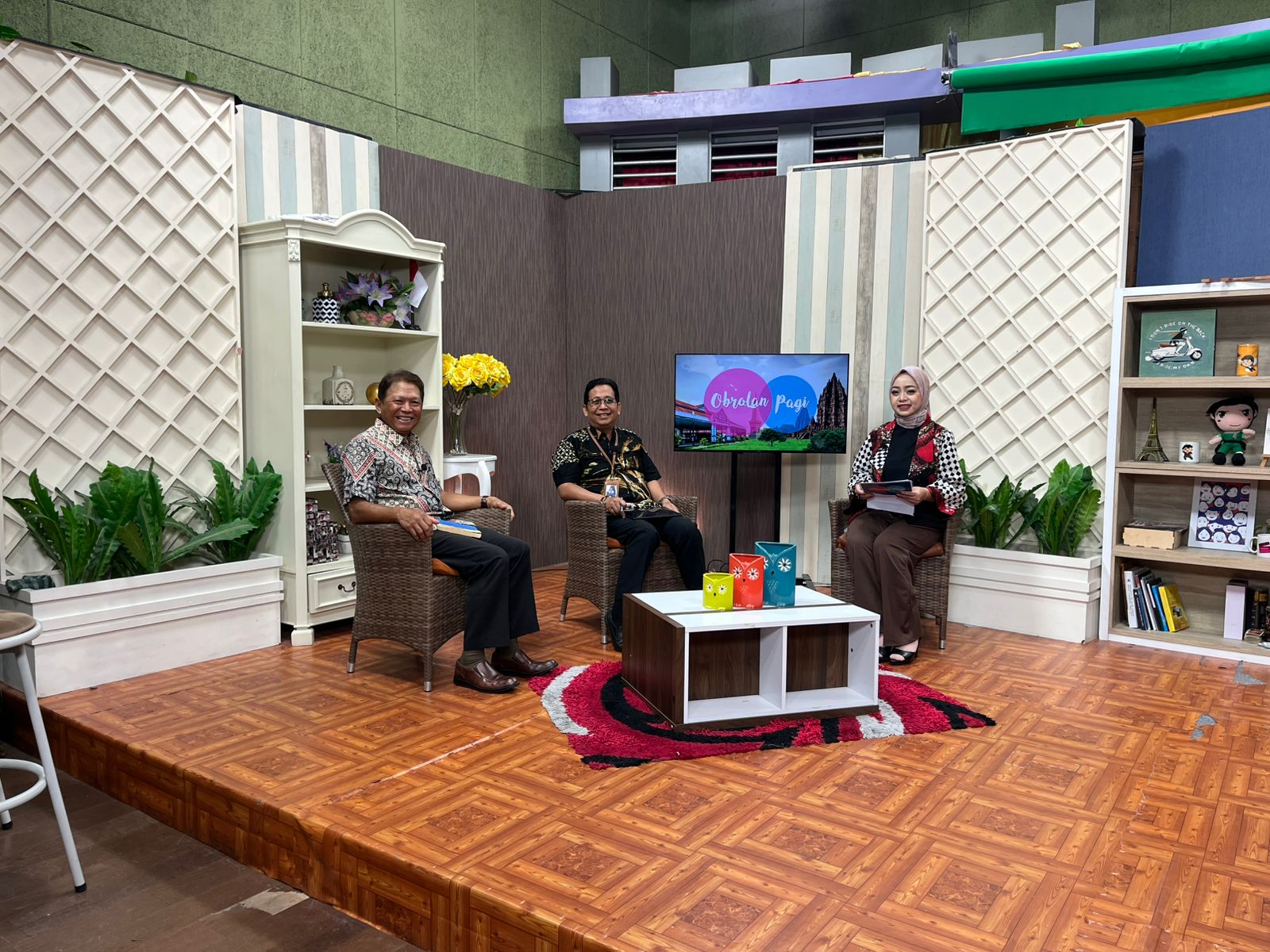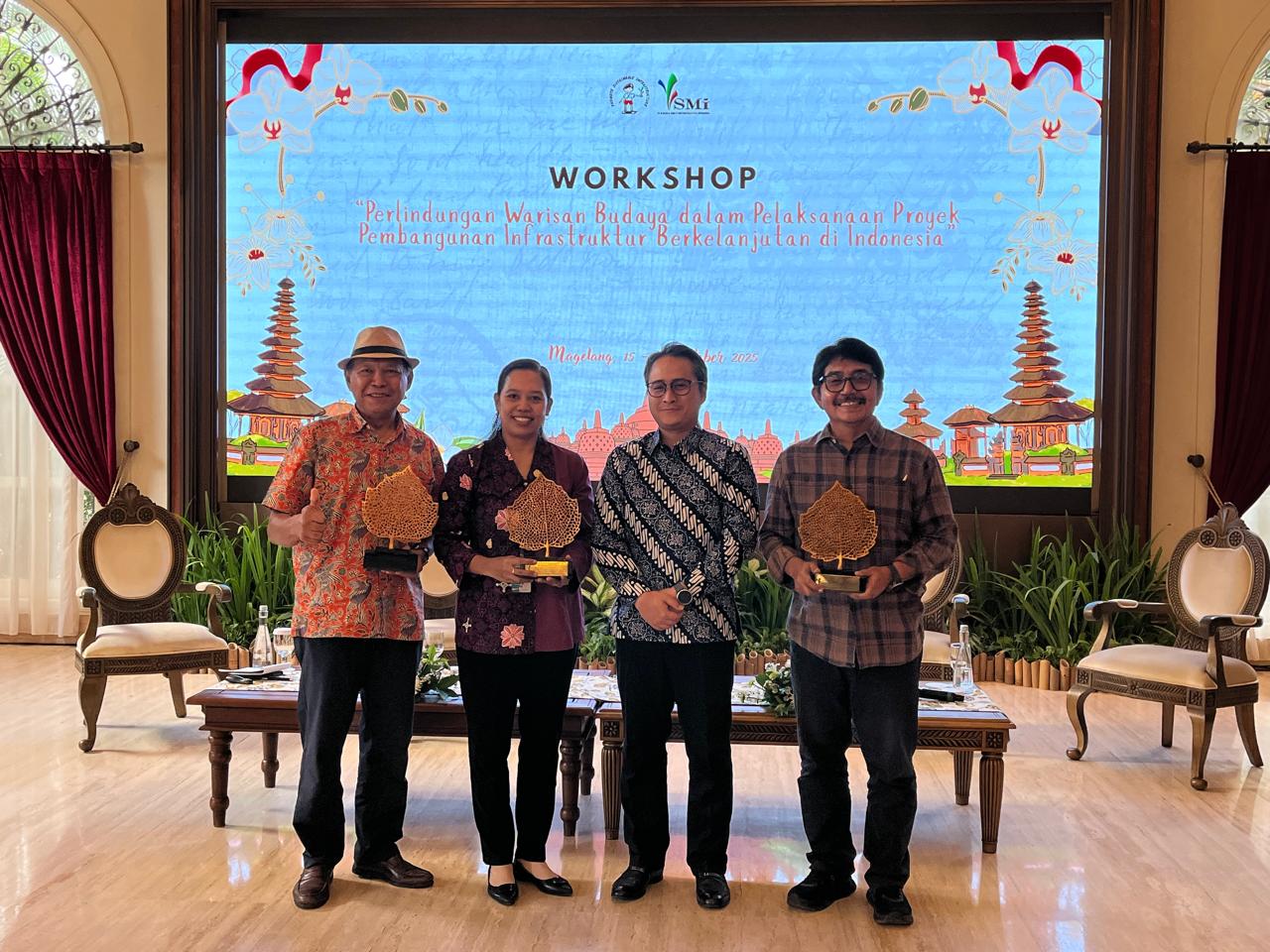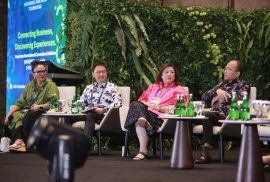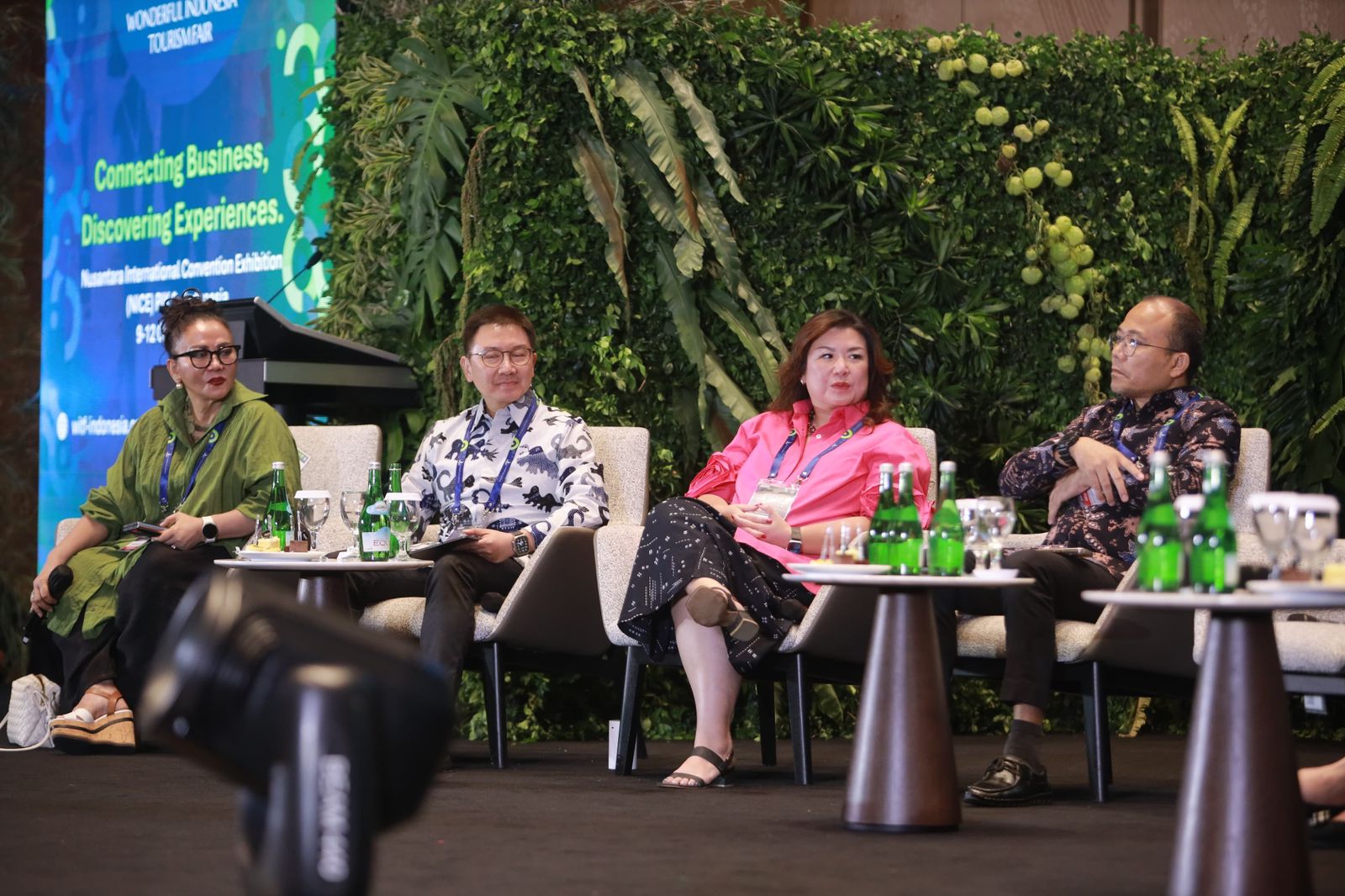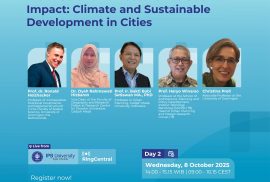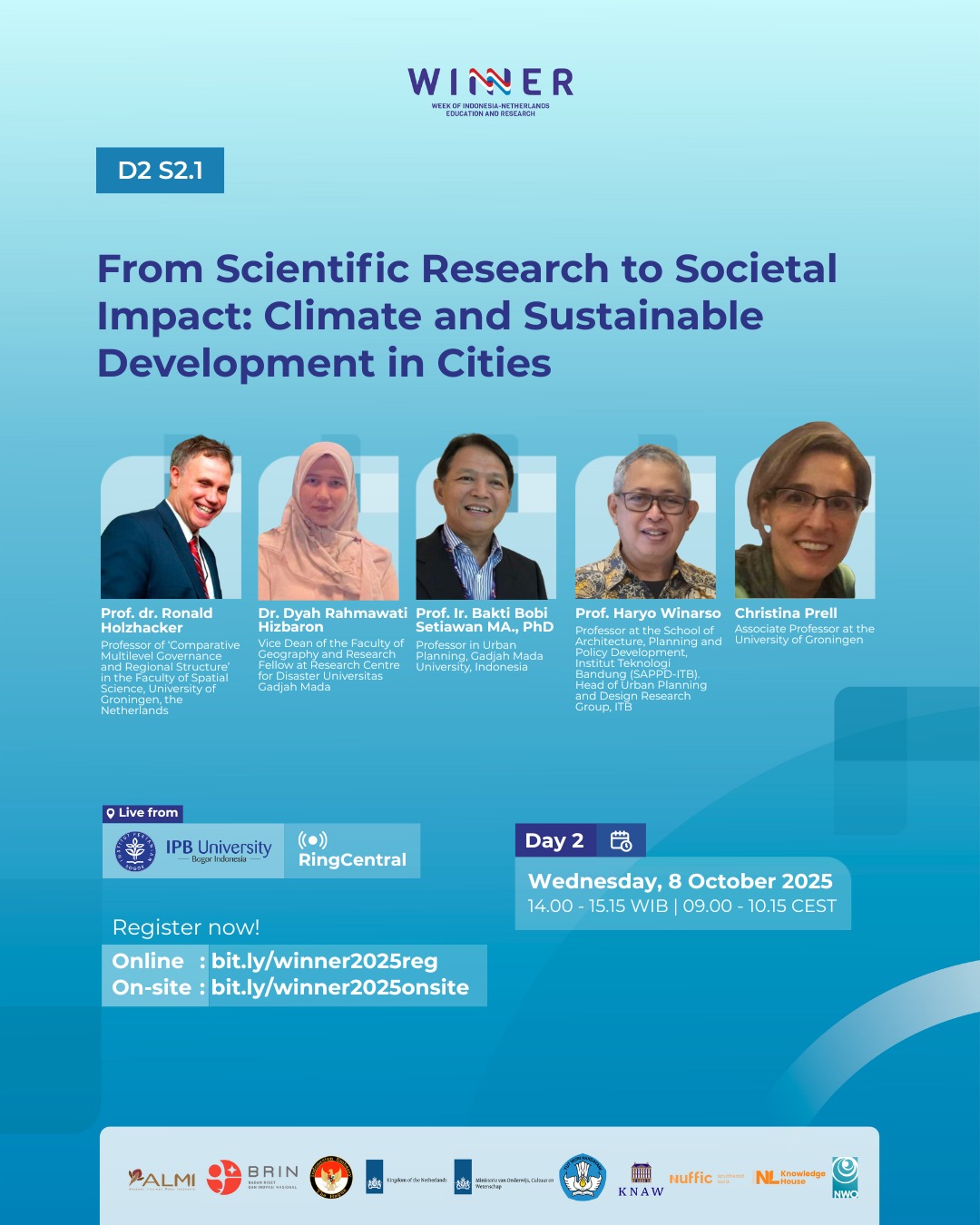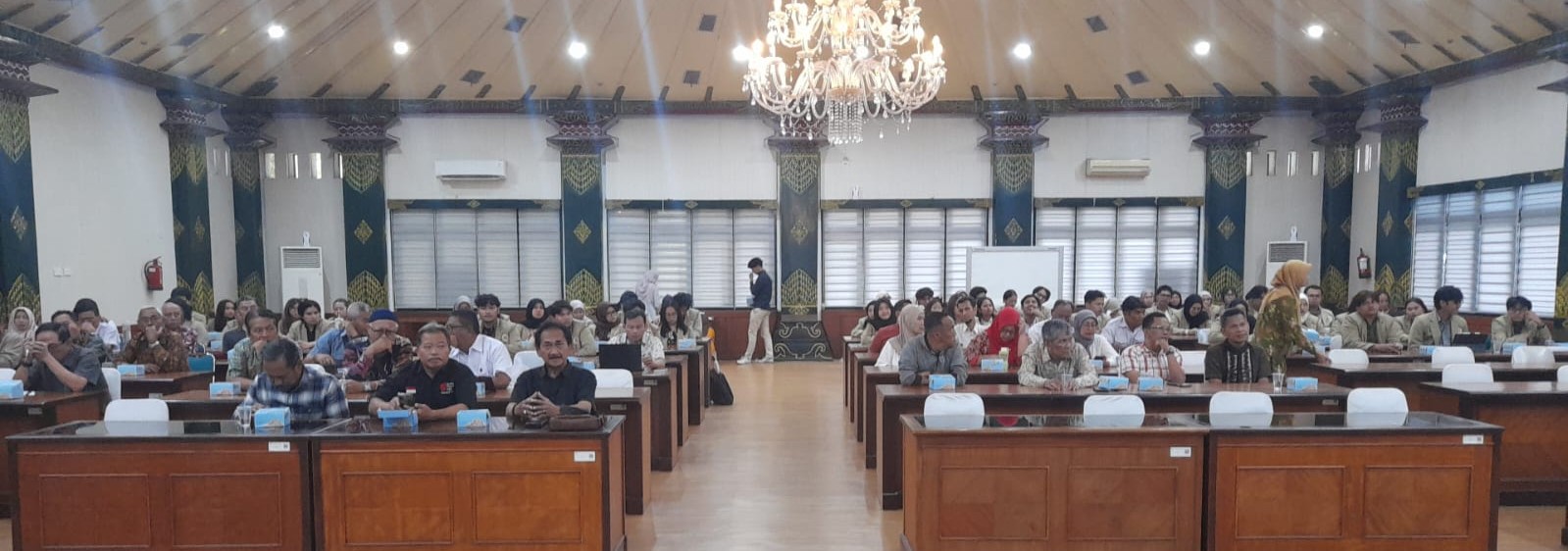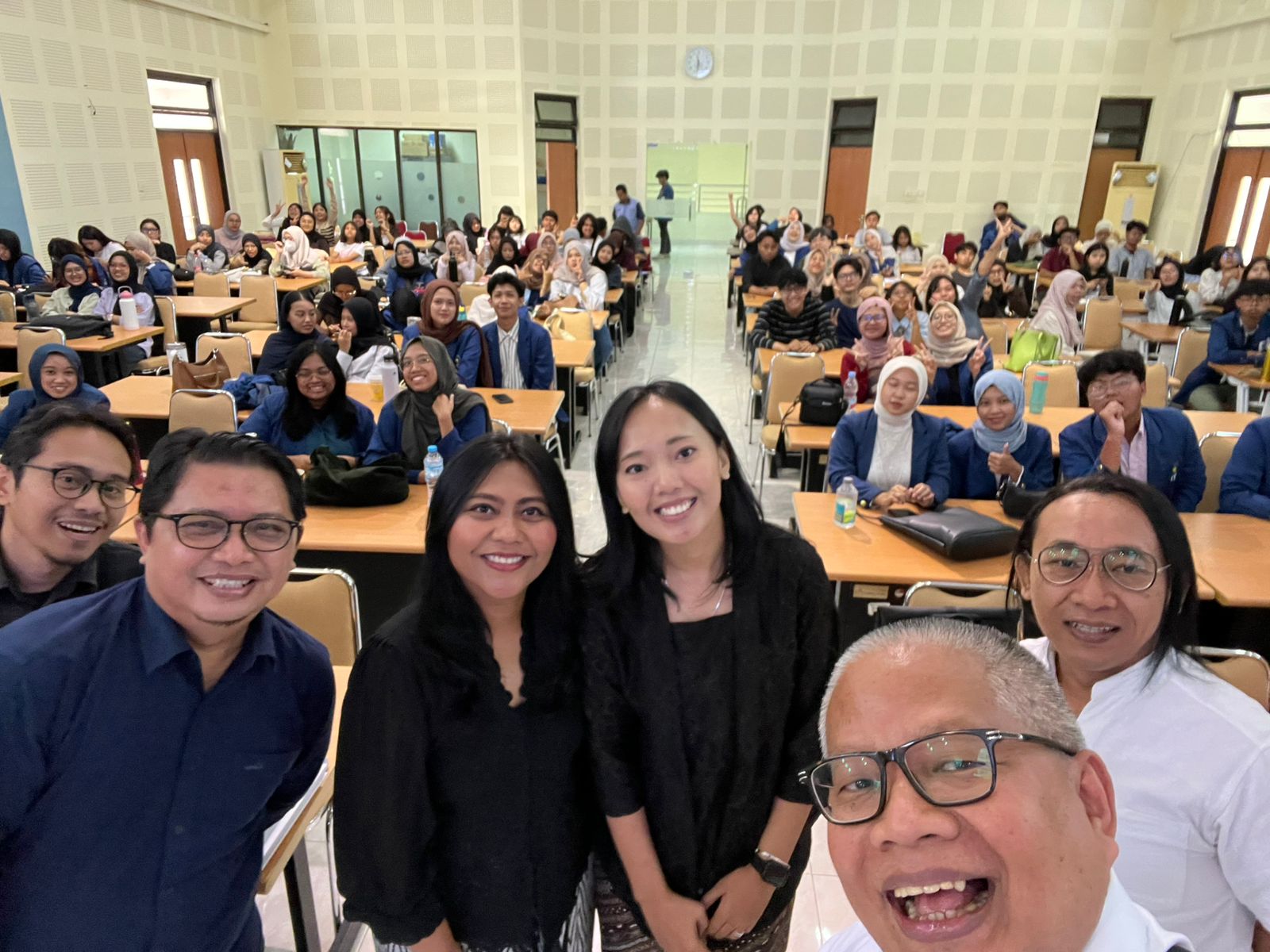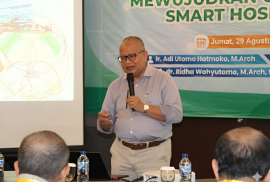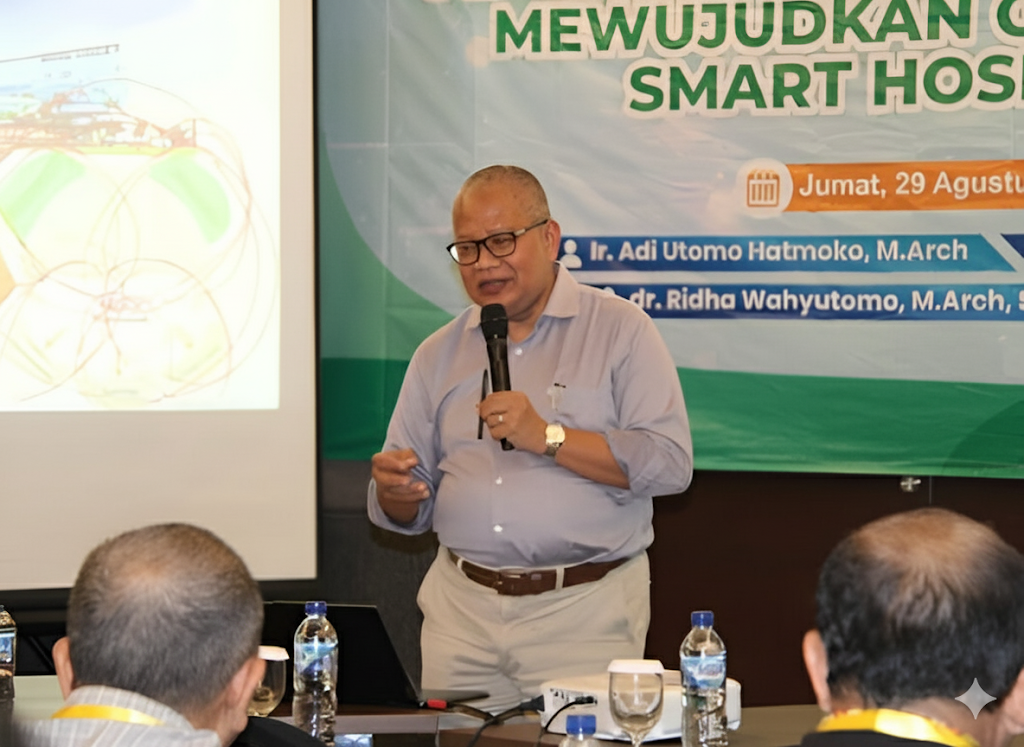All students are hereby informed that the re-registration for the Even Semester of Academic Year 2025/2026 will be conducted in accordance with the regulations and schedule stipulated by the University. Students are expected to carefully review the following information and complete the re-registration process in a timely manner.
Prior to submitting applications for semester leave, reactivation of student status, study period extension, as well as tuition fee (UKT) reduction or deferment, students are required to first obtain letter approval through the SMS FT Correspondence System. Guidelines and correspondence procedures can be accessed via the following link: https://archiplan.ugm.ac.id/id/alur-persuratan/. Once the letter has been approved, the relevant applications may then be submitted through SIMASTER.

